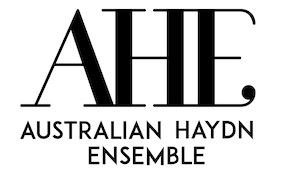★★★★★
When I hear Dutch pianist Ronald Brautigam play Beethoven on period fortepianos I think that, quite honestly, performing the great man’s music on a modern grand piano is an aesthetic crime of some magnitude – right up there with colourised Laurel & Hardy films and microwaving chicken.
Elsewhere in this issue, it’s true, I lavish praise on the fourth instalment of Jonathan Biss’s ongoing cycle of Beethoven Piano Sonatas, praise that is sincere and unquestionably deserved. But Brautigam’s attention to historical form is such that three separate fortepianos have been recalled from the subs’ benches in order to trace the evolution of the instrumental hardware with which Beethoven himself necessarily wrestled. Paul McNulty’s copy of an 1802 fortepiano serves Sonatas 1 through 18, its timbral delicacies and coarse-grained tuning temperament representing a complete game changer.
Take, for example, the Moonlight, Beethoven’s most used and abused sonata, lacquered often with cod-Romantic rubato. In Brautigam’s hands we’re reconnected with its eerie oddities – when rhythmic values aren’t pulled around too much, the compulsive harmonic circling of the opening feels as suffocating and disorientating as a Hitchcock stairwell. And anyone worried that the ferocious Finale might not speak on a fortepiano can be reassured – impetus in check, accents roar. And listening to later sonatas – the Waldstein, Hammerklavier and Opus 132 – you realise how deeply our ears have become accustomed to the flat-screen modern grand, whereas now moving between registers peels away layered textures. In the Hammerklavier’s fugue, interwoven lines communicate with rare clarity.
As Brautigam is still recording his complete Beethoven piano music, arguably this box set is rather premature – but if I had something as special to share I wouldn’t hold back either.













Comments
Log in to join the conversation.